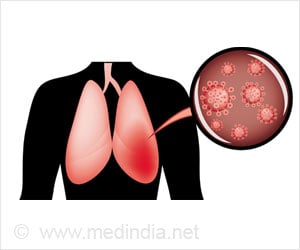Researchers at The University of Texas M. D. Anderson Cancer Center have found that weight gain or loss plays a significant role
Researchers at The University of Texas M. D. Anderson Cancer Center have found that weight gain or loss plays a significant role in determining the aggressiveness of prostrate cancer.
The report is detailed in the in the October 1 issue of Clinical Cancer Research, corroborates findings of an earlier research that had linked obesity to the development of prostate cancer. Sara Strom, Ph.D., an associate professor in the Department of Epidemiology at the University of Texas says, "These findings support the view that the development of aggressive forms of prostate cancer may be influenced by environmental effects that occur early in life." She adds that oncologists should take weight gain as a factor when they plan a course of treatment for prostate cancer patients.The researchers tracked 526 M. D. Anderson prostate cancer patients who had their tumors surgically removed. They followed these men over 41/2 years to look for signs of "biochemical failure", meaning that the level of prostate specific antigen (PSA) increased in the body indicating that the cancer is metastasizing. They found that 18 percent of the group went into biochemical failure. Of these it was found that men who were obese at the time of diagnosis were more likely to develop biochemical failure. Fast weight gainers from the age of 25 were found to have aggressive cancers sooner than slow weight gainers.
"Thirty percent of men who have biochemical failure will develop a life-threatening cancer metastasis, and so PSA is the only marker we have as yet to predict whose cancer will spread," Strom observed. She adds that understanding the underlying link of prostate cancer and weight gain will help doctors design adequate preventive strategies.



![Prostate Specific Antigen [PSA] Prostate Specific Antigen [PSA]](https://www.medindia.net/images/common/patientinfo/120_100/prostate-specific-antigen.jpg)







